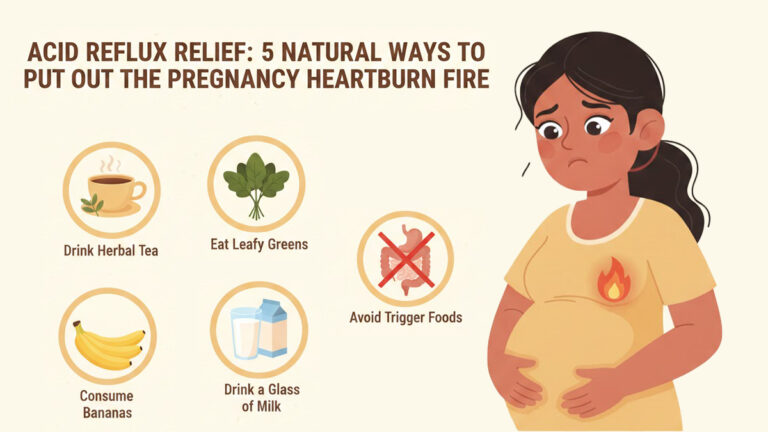In Vitro Fertilization, otherwise, IVF is without doubt an excellent and powerful Assisted Reproductive Technologies (ART) in the world. Around 10 to 14 % of the Indian population is affected by infertility. The social struggle associated with it affects the couple in a lot of ways, sometimes it is difficult for them to come forward and take help from experts, but in spite of that, the past decade has seen a surge in more couples opting for IVF. In India alone the success rate of IVF ranges from 30% to 35% .
Every couple opting for IVF will be doubtful on whether it will work for you, it is a matter of concern, although, it depends on a broad range of circumstances. It is also crucial to keep in mind that each patient has unique medical conditions and there are few essential factors that decide the success rate of IVF treatment.
If you are planning to take the path towards IVF Let us give you an overview on what you would need to know about it’s success rates.
- Factors that determine IVF success rates
- Age – women have the highest likelihoods of a successful IVF treatment between 24-34 yrs of age as this is the age range which is considered to be most fertile, however that does not mean that you cannot conceive later in the age. IVF has been helping countless women across the world realise their dream of becoming a mother in spite of crossing the desirable age. It might be difficult but definitely possible.
- Previous pregnancy history – a medical history of multiple miscarriages and fertility-related issues could mean a more difficult IVF. There is a greater chance that a woman can conceive through IVF, if she has been pregnant in the past and carried her baby to term. However, in case of recurring miscarriages, a woman may face issues while conceiving using IVF. But, there are some advanced ART techniques that can actually increase your chance of conceiving.
- Cause of infertility – Certain issues like fibroid tumors , uterine abnormalities, ovarian dysfunction ,tubal factor and male factor and the amount of time the couple has had difficulty conceiving can make success less likely. IVF, however, can very successfully overcome lots of such issues.
- Quality of the sperm, egg, and embryo – The quality of egg and embryos is affected by factors such as age, ovarian reserve which is the capacity of the ovary to produce an egg and stimulation protocol . If the male spouse has fertility problems, the treatment process’ success rate will be impacted as well.
- Endometrial receptivity – This is as important as embryo quality. Factors affecting receptivity include the thickness of uterine lining, immunological factors, and the outline of the uterine cavity .
- Embryo transfer – This procedure is one of the most important aspects of the entire IVF treatment. A flawless transfer is essential in addition to a viable embryo and effective uterine implantation. Any timing issues can risk the transfer process.
Based on the maternal age , the success rate in India is
> 40 yrs old 18-13%
38-40 yrs old 23-27%
35-37 yrs old 36-38%
< 35 yrs old 51-53%
The biggest factor of all is patience, IVF can be very emotional for hopeful parents. So, remember It becomes important for couples to visit the fertility services on time when dealing with infertility problems. The fertility services assist in identifying the problems at the earliest and recommend the treatment viable to treat the issue. That’s why relax with faith, while the doctors at Esha take care of the rest during your IVF journey!








